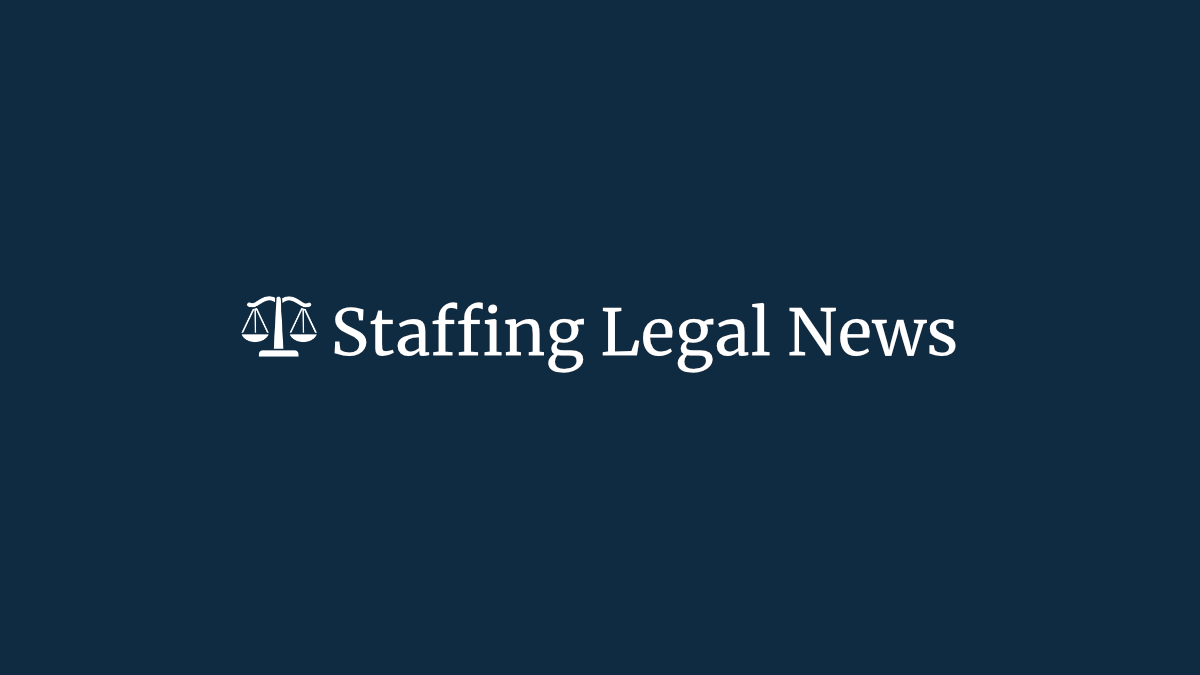Allegis vs Jobot: Jobot Wins Again
Allegis Group takes another loss in its home court
Background
Last year Staffing Legal News reported on a noncompete loss suffered by Allegis in its "home court" in Maryland, where the company is based. In that case, Allegis and its subsidiary Aston Carter sued former employee Christopher J. Bero, a 10-year veteran of Allegis subsidiaries Aerotek and Aston Carter after he was hired by Jobot. Most of these cases are settled, but this one went all the way. In a devastating ruling, Judge Ellen L. Hollander of the United States District Court for the District of Maryland ruled that both the non-solicitation and confidential information restrictions in the Aston Carter employment agreement were unenforceable as written and handed Bero a total victory:

Allegis and Aston Carter have appealed, briefing is under way, and a ruling is expected later this year.
In the Bero story, I mentioned another ongoing Allegis battle in Maryland federal court against former Allegis employee Kenneth D. Nosky, described in Allegis Group's Complaint as a " high-performing employee of Aerotek in an Account Manager position in Aerotek’s Edison, New Jersey office location until his resignation on September 3, 2021, to work for Jobot."
The Nosky Complaint alleges:
Allegis and Aerotek bring this action seeking legal relief based on Nosky ’s misappropriation of Aerotek’s confidential information and his failure to return such information – Aerotek’s property – upon his departure from Aerotek to work for a competitor called Jobot, LLC (“Jobot”).
The operative facts in the Nosky case are that on his last day at Aerotek, Nosky emailed to his personal email address personal photographs and documents, as well as spreadsheets containing information about Aerotek’s current and prospective clients. However, discovery in the lawsuit indicated that 10 days later he permanently deleted all of the information and never used it in his new role at Jobot. But the case was not over. Allegis continued its pursuit of Nosky on three grounds:
- The act of emailing records to himself was a violation of his confidentiality agreement.
- The act of emailing was a breach of Nosky's common law duty of loyalty.
- The act of emailing was a common law "conversion" of property, that is, a theft.
Nosky's position can be summed up in the following quote from his response to the lawsuit:
This case is about a vindictive former employer trying to punish a former employee and discourage other employees from leaving for opportunities with another company that will treat them better. Defendant Kenneth Nosky does not dispute that he emailed himself various documents on his last day of employment, including some Aerotek-related documents. However, the evidence is undisputed that he deleted all such files 10 days later, without ever having used or disclosed them and without Plaintiffs being damaged.
At this point, it is instructive to note that in the unfortunate Bero case discussed above, Allegis continued pursuing Bero long after left Jobot and quit the staffing business altogether (he become an in-house recruiter for the Nashville Predators hockey team), which certainly suggests an attempt at "message sending." I think the only message here is: "Don't overreach."
The ruling
Both parties filed for summary judgement, and the ruling is in - Allegis loses another restrictive covenant case in the U.S. District Court that has jurisdiction (contractually) over virtually all Allegis Group litigation with former employees. The court ruled in Nosky's favor on all points, with the prevailing theme being that Allegis suffered no harm and therefore has no legal remedy in this scenario. The entire opinion of the court is attached below. As in the Bero case, Allegis has appealed, so stand by for more news to come.
Commercial message from Bill Josey, CEO, Editor, Publisher, Staff Writer, and Chief Operating Officer of Staffing Legal News: This story is publicly available to allow you to sample Staffing Legal News, the only publication of its kind, serving up instructive and occasionally entertaining real time reports from America's courtrooms. Try it free for 60 days:
The takeaways
There are at least two important takeaways from this case:
- Pursuing scorched earth litigation in what appears to be an effort to "send a message" can backfire spectacularly.
- In the staffing business, electronic misappropriation of valuable client and candidate data by departing employees is not uncommon. In most lawsuits arising from such an act, the former employer prevails. This case offers departing employees (and their new employers) a potential method to correct the wrong before it becomes a legal liability. Before a new hire from a competitor starts work, the new employer can require that the individual permanently delete all electronic information of the former employer in his or her possession. This requirement can even be incorporated in the offer letter and reinforced verbally before the start date.


Member discussion